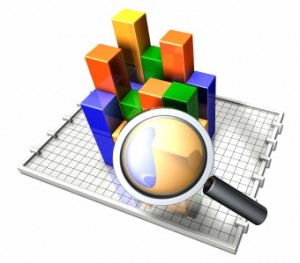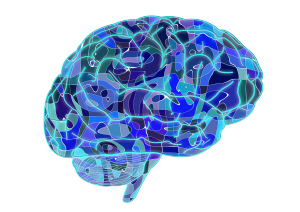Since their debut in 2004, electronic cigarettes or e-cigarettes have steadily grown in popularity. Approximately 9 million U.S. adults regularly use e-cigarettes, and that includes a growing number of teen-agers. In 2015, one in six high school students reported using an e-cigarette in the past month. [Read more…]
What We Know About Fasting For Weight Loss
 Fad diets come and go as often as trains in a busy station and many suggest completely different approaches to weight loss. Protein-based diets encourage participants to forgo processed foods and carbohydrates. Programs like Weight Watchers prescribe a healthy diet with a variety of foods but restrict calories for weight loss. And plant-based diets eliminate animal products including meats and dairy foods. [Read more…]
Fad diets come and go as often as trains in a busy station and many suggest completely different approaches to weight loss. Protein-based diets encourage participants to forgo processed foods and carbohydrates. Programs like Weight Watchers prescribe a healthy diet with a variety of foods but restrict calories for weight loss. And plant-based diets eliminate animal products including meats and dairy foods. [Read more…]
Proven ways to change someone’s mind
 With the 2016 presidential election only one week behind us, social media is still filled with difference viewpoint about President-elect Donald Trump. There are videos, news articles and essays that add new details to the glut of information. But does any of it make a difference? [Read more…]
With the 2016 presidential election only one week behind us, social media is still filled with difference viewpoint about President-elect Donald Trump. There are videos, news articles and essays that add new details to the glut of information. But does any of it make a difference? [Read more…]
GMOs: Agricultural improvement or health threat?
 At the grocery store or in the news, you’ve likely come across the controversy over products made with genetically-modified organisms, or GMOs. Scientific advances that use biotechnology to create plants that can resist disease and insects, offer higher yields and include additional nutrients have sparked fear among the public. The worry is that that genetically-modified foods will harm human health and the environment. [Read more…]
At the grocery store or in the news, you’ve likely come across the controversy over products made with genetically-modified organisms, or GMOs. Scientific advances that use biotechnology to create plants that can resist disease and insects, offer higher yields and include additional nutrients have sparked fear among the public. The worry is that that genetically-modified foods will harm human health and the environment. [Read more…]
What we know — and what we don’t — about standing desks
If you pay any attention to news stories about health and wellness, you’ve likely read or heard that sitting for long periods of time can harm your health.
There is evidence to suggest that sitting for hours at a time leads to a host of health problems including heart disease, diabetes, bone and joint problems, poor posture, weak muscles and even some types of cancer. [Read more…]
Revisiting the evidence on climate change
 It’s 73 degrees in Ithaca, New York today, according to the thermometer on my minivan. My 7-year-old begged to wear shorts to school today, and soon thereafter reminded me, “It’s still winter mom!” Given such an early spring-feeling day in this northern latitude, I thought it’d be a good time to revisit the evidence on global warming. [Read more…]
It’s 73 degrees in Ithaca, New York today, according to the thermometer on my minivan. My 7-year-old begged to wear shorts to school today, and soon thereafter reminded me, “It’s still winter mom!” Given such an early spring-feeling day in this northern latitude, I thought it’d be a good time to revisit the evidence on global warming. [Read more…]
Is science reliable?
 Here at EBL, we’re written before about the pitfalls of science reporting in popular media. Even well-researched, comprehensive scientific reports often draw conclusions that we later learn are inaccurate. [Read more…]
Here at EBL, we’re written before about the pitfalls of science reporting in popular media. Even well-researched, comprehensive scientific reports often draw conclusions that we later learn are inaccurate. [Read more…]
An evidence-based look at a football scandal?
 If you pay any attention to sports, you have likely heard about the football scandal that erupted last year when the Indianapolis Colts accused the New England Patriots of deflating footballs to give their quarterback, Tom Brady, an unfair advantage. [Read more…]
If you pay any attention to sports, you have likely heard about the football scandal that erupted last year when the Indianapolis Colts accused the New England Patriots of deflating footballs to give their quarterback, Tom Brady, an unfair advantage. [Read more…]
Contradicting evidence: How much sleep do we need?
 When we read a systematic review with a strong conclusion, we believe the answer is accurate. Reviews do, for the most part, encompass all of the data we have on a given topic. The evidence is even more convincing when there is more than one review that draws a strong conclusion. [Read more…]
When we read a systematic review with a strong conclusion, we believe the answer is accurate. Reviews do, for the most part, encompass all of the data we have on a given topic. The evidence is even more convincing when there is more than one review that draws a strong conclusion. [Read more…]







